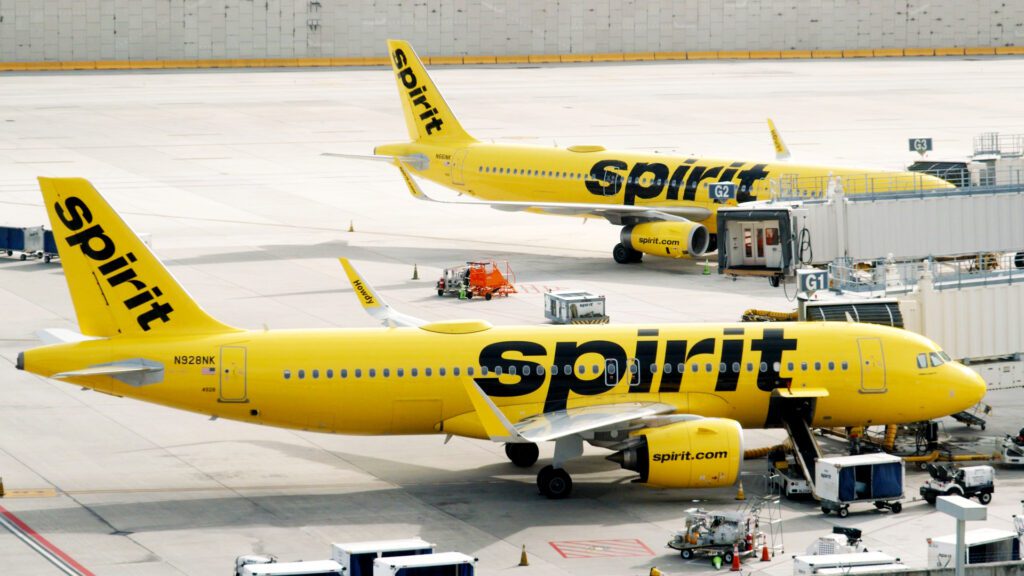Spirit Airlines has agreed to a settlement of up to $8.25 million to resolve a class action lawsuit brought by passengers who claimed that the airline imposed unexpected carry-on bag fees on tickets purchased through third-party travel services. The agreement was revealed by the passengers’ attorneys in a recent motion filed in a federal court in Brooklyn. They have requested the court’s approval, asserting that the settlement represents a reasonable compromise.
The class involved in the lawsuit consists of individuals who were first-time Spirit Airlines passengers and who booked their flights through various third-party platforms such as Expedia, Travelocity, Kiwi, CheapOair, CheapTickets, or BookIt. The period covered by the lawsuit spans from August 2011 to May 2017, the time when the legal action was initiated.
Under the terms of the settlement, eligible travelers who wish to seek reimbursements as part of the agreement could receive a refund of up to 75% of the fees they paid. However, the actual refund amount might be adjusted based on the overall volume of refund requests from all members of the class. It’s noted that the $8.25 million maximum payout includes provisions for covering attorneys’ fees, as stated in the motion.
Representatives from Spirit Airlines and the plaintiffs’ legal team have not yet responded to requests for comments regarding the settlement.
As is common among budget airlines, Spirit, headquartered in Miramar, Florida, relies on ancillary fees to compensate for the lower base fares it offers to passengers.
The lawsuit, originally filed in 2017, alleges that the airline engaged in deceptive practices by advertising attractively low prices on third-party travel websites while obscuring the additional “gotcha” fees that travelers would face when checking in at the airport. Some of these fees were reportedly on par with the cost of the tickets themselves. Although the initial lawsuit had sought punitive damages of $100 million, this claim was later removed from subsequent versions of the legal action.
(Source: Brendan Pierson | Alexia Garamfalvi | Jonathan Oatis | Reuters)









